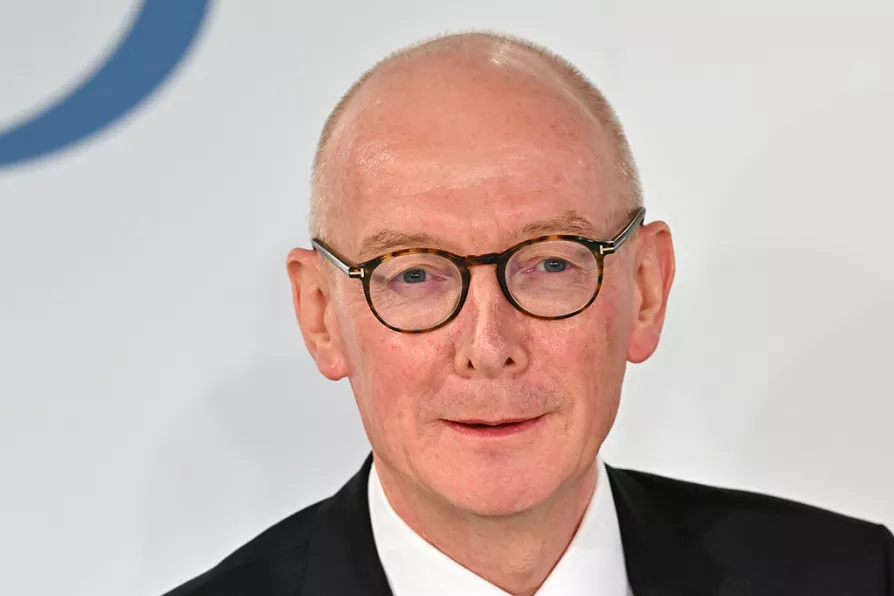Government will make 'swift decision' on whether to lift ban on Syrian jihadists Hay'at Tahrir al-Sham

 'Fluid situation': Pat McFadden
'Fluid situation': Pat McFadden
THE government will make “a swift decision” on whether to lift the ban on Islamist group Hayat Tahrir al-Sham (HTS) after it swept to power in Syria, ousting president Bashar al-Assad’s regime.
HTS is banned in Britain because of its origins as a branch of al-Qaida, the terrorist organisation once led by Osama bin Laden.
Like a number of Syrian rebel groups, it claimed to have cut ties with al-Qaida to attract Western aid during the civil war.
Similar stories














